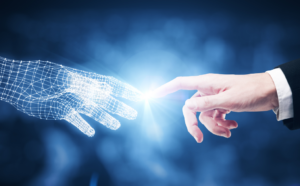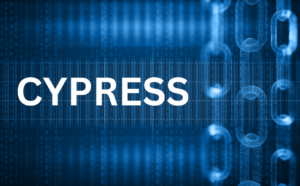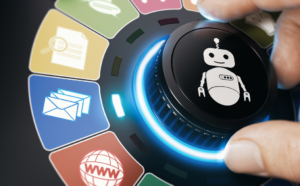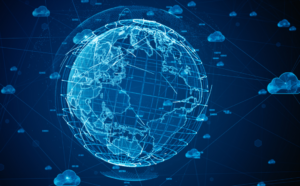Artificial intelligence (AI) has taken the technology industry by storm, and it’s only growing from here.
One of the most recent trends is generative AI, which has the potential to generate trillions of dollars in value across industries. People worldwide have begun to incorporate generative AI into their workflows, adding to the popularity and penetration of AI.
Artificial intelligence is quickly transforming how we live and the business landscape in which we work. Wondering what some of the potential impacts of this exciting technology might be?
Here are five of the top AI trends you can expect to see in 2024.
1. Generative AI and Democratization
Generative AI is arguably the biggest trend in AI this year. When ChatGPT and other text and image generators became accessible to the general public, it was widely used and adopted by business teams worldwide. Along with this is the democratization of AI, enabling it to be available to everyone—even those without technical knowledge.
Generative AI is just one example of democratization. Hundreds of AI tools today allow us to create content faster, translate between languages, and populate search engines. It is changing how we communicate with each other, whether it’s between friends or between the media and the general public.
2. AI for Workplace Productivity
Another trend we see in AI is its place in workplace productivity. Artificial intelligence can speed up and enhance how we work—in particular, how it automates time-consuming or repetitive tasks. Whether inputting data in a spreadsheet, writing an outline for a business plan, or controlling quality at a manufacturing plant, AI has massive potential to increase our productivity at work.
For those who may be concerned about AI replacing jobs, this technology is often simply acting as a tool for automating repetition, leaving room for humans to make space for creativity, emotional intelligence, and moral judgment.
3. Multimodal AI
Many large language models (LLMs) process only text data. Multimodel models in AI can grasp information from different data types, like audio, video, and images, in addition to text. This technology is enabling search and content creation tools to become more seamless and intuitive and integrate more easily into other applications we already use.
For example, iPhones can now figure out who and what objects are in your photographs because they can process images, metadata text, and search data. Similar to how a human can look at a photo and identify what’s in it, multimodals enable that same characteristic.
4. AI in Science and Healthcare
Besides AI’s influence in the business workplace, AI tools have great potential in science and health care. Researchers, such as those at Microsoft, are now using AI to build tools to predict weather, estimate carbon emissions, and enable sustainable farming practices . This trend aims to address and mitigate the effects of climate change.
Chatbots are being deployed in agriculture and health care, to help farmers identify a type of weed and to help medical professionals diagnose patients. While the accuracy of this AI is in progress, these steps can accelerate scientific discoveries and medical breakthroughs.
AI in computer science: AI has become an in-demand skill for computer science professionals. You can get ahead of the curve by learning to leverage an AI coding partner for efficiency with Microsoft’s Copilot for Software Development Specialization
5. Regulation and Ethics
With the proliferation of AI worldwide, the trend of mitigating any risks associated with AI is paramount. Government agencies and organizations like OpenAI are ensuring AI is used and deployed responsibly and ethically. In March 2024, the European Union debated a landmark comprehensive AI bill designed to regulate AI and address concerns for consumers. It is expected to become law this year.
If AI is not regulated, data manipulation, misinformation, bias, and privacy risks can arise and pose greater societal risks. For example, tools can be susceptible to discrimination or legal risk if AI doesn’t collect data representative of a population. Generators like ChatGPT pull information from internet searches worldwide, but companies and publications have sued OpenAI for copyright infringement.





